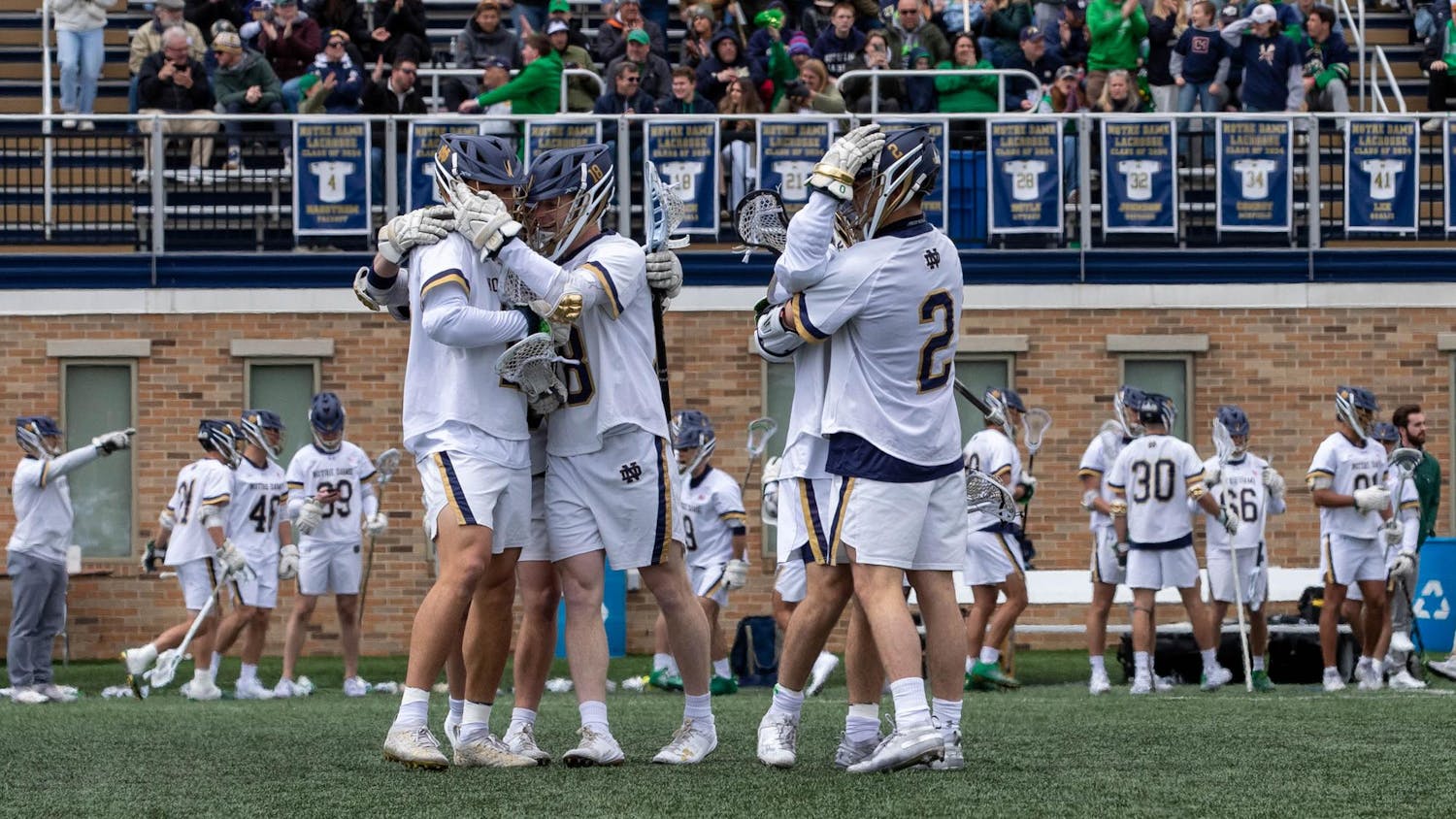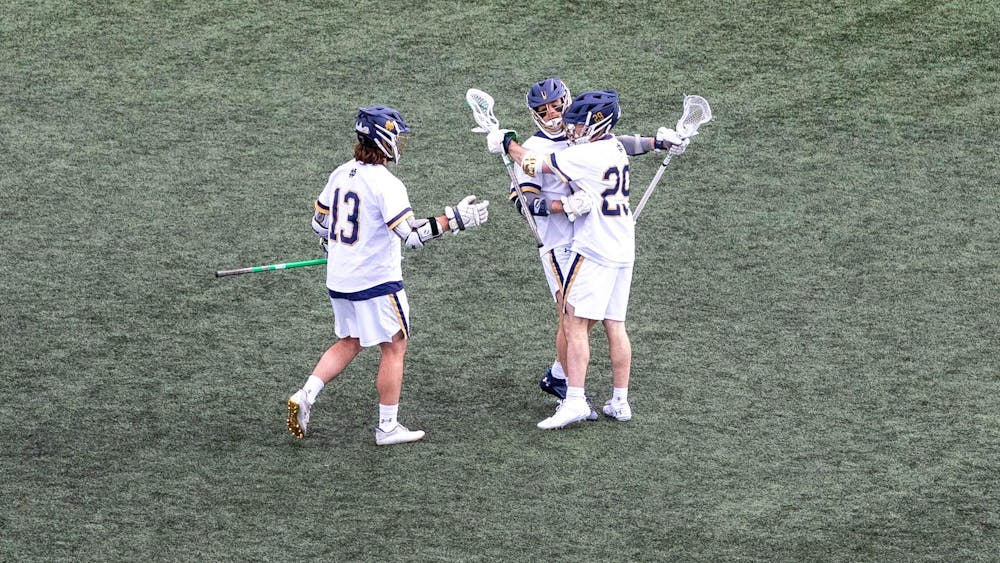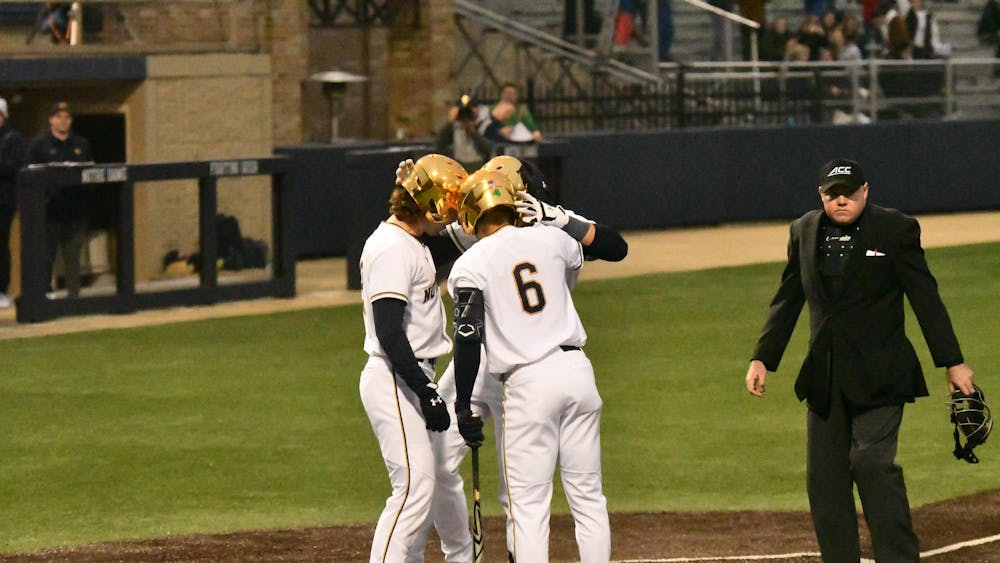I used to think this was an end-all sort of statement: when [human feces] hits the fan, heads will roll.
Yet, it feels a bit outdated after the events of the past couple weeks, so I’ll try to bring it into the modern day vernacular:
Even when (literal) human feces are used to draw a swastika on a wall, it takes a college football team threatening to boycott the rest of its season before heads will roll.
I guess I should explain, although if you don’t immediately understand my reference, you should probably at least try going online once a day to check up on the rest of the world.
Yesterday, Tim Wolfe, the president of the University of Missouri system, announced his resignation after various minority groups from the system’s main campus in Columbia had been calling for him to step down since late September through early November. The chancellor of the University of Missouri in Columbia, R. Bowen Loftin, will also step down, the University of Missouri’s Board of Curators said yesterday evening.
The charges leveled against Wolfe were this: he was too slow to respond to racially-charged events on or around campus and, when he did respond, he was insensitive and blamed the victims.
For the full list of grievances against Wolfe, as well as a very fair perspective on the whole situation from someone involved in it every day, I’d suggest checking out Bill Connelly’s piece for SportsNation. Not only does it provide great perspective and a comprehensive look at the entire situation, but it is also one of the best pieces of journalism I’ve read in a long time.
That said, here’s my SparkNotes version: there have been a number of racist actions taken against black students at the university, and while the activist groups didn’t blame Wolfe for the actions of individuals who may or may not have been affiliated with the university, they did find fault with his lack of or very delayed responses in defending them on almost every occasion. Eventually, the frustrations boiled over into active sit-ins around the university as well as two different groups protesting during the homecoming parade, one of which actually stood in front of Wolfe’s car in the middle of the procession.
Wolfe never moved from his vehicle to speak with the protestors, which angered the activist groups around campus, although some sources claimed the activists were acting very hostile and never actually invited him out of the car to talk.
One activist, graduate student Johnathan Butler, then began a hunger strike Nov. 2 until Wolfe was removed as president of the university, claiming to be willing to die for the cause.
It’s clear these rising tensions have been going on for some time, perhaps even dating back to the events in Ferguson, Missouri, but the coverage and story only blew up last weekend because of actions taken by another group on campus. This group, by definition, doesn’t have anything to do with social statements, activism or any political agendas.
Apparently, however, what it does have is power: enough power to force the president and chancellor of the university to resign, either on his own or, more likely, with the help of some pressure within the university hierarchy.
This group was the Missouri football team.
In response to Butler’s hunger strike, a number of the student-athletes decided to boycott the football team until Wolfe resigned, and they were eventually joined by most of their teammates and backed in their decision by the coaching staff, including Tigers head coach Gary Pinkel.
The Tigers have three games left this season, including one Saturday against BYU at Arrowhead Stadium in Kansas City, which reports have said would have cost the university at least $1 million in buy-out penalties if the game wasn’t played, plus much more in other forms of lost revenue.
In the midst of the modern debate about whether or not college football and basketball players are truly student-athletes, this weekend clearly demonstrates that these athletes hold a lot of power on campuses nationwide; enough power, as I’ve said, to be perhaps a driving force behind the resignation of their university’s top two officials.
More power, it also appears, than the student body president (and Missouri’s Payton Head seems like a good one) and even the most outspoken of campus activists and other students combined.
It’s an interesting dynamic to consider in the debate over the rights and classification of current student-athletes as it ramps up in the next few years.













